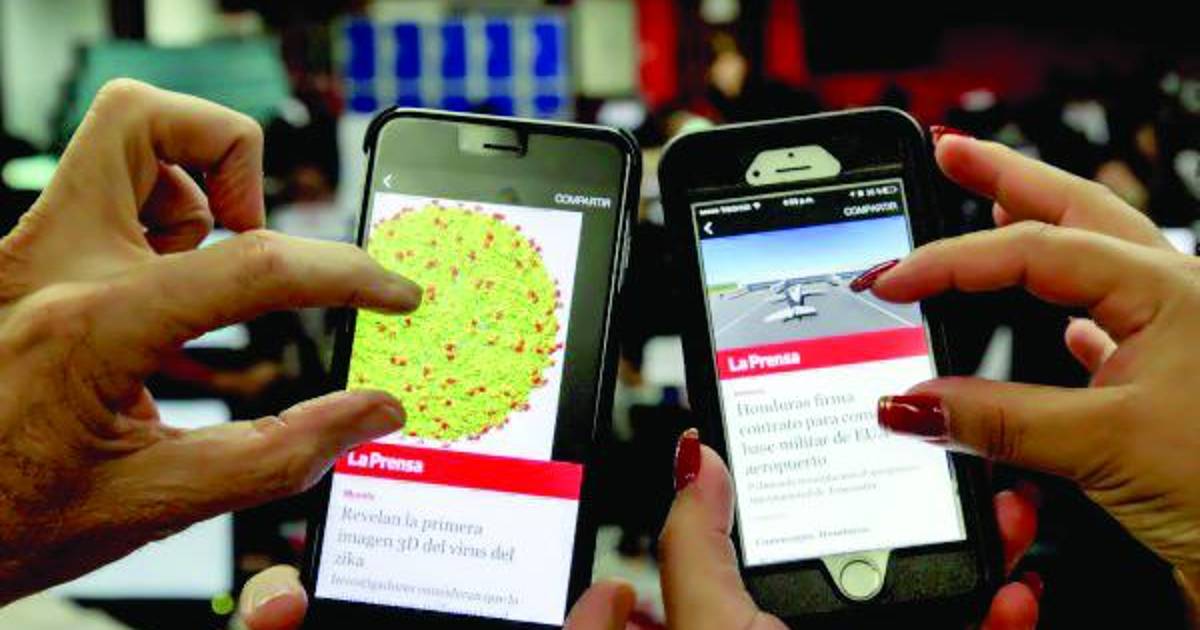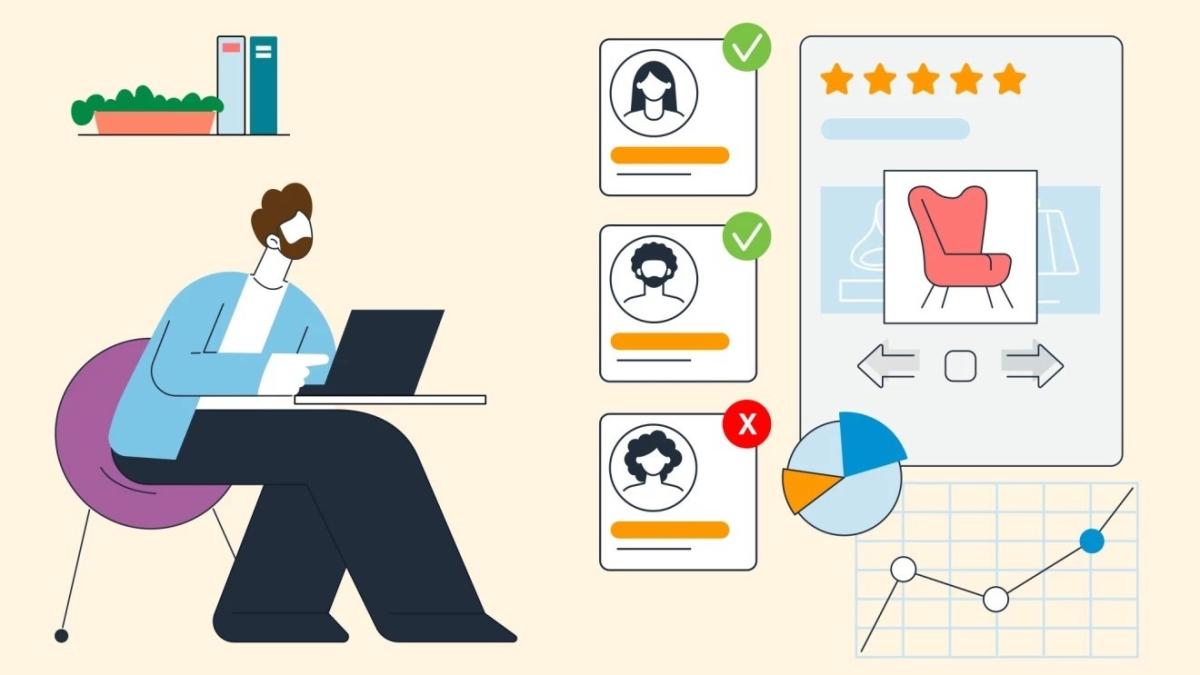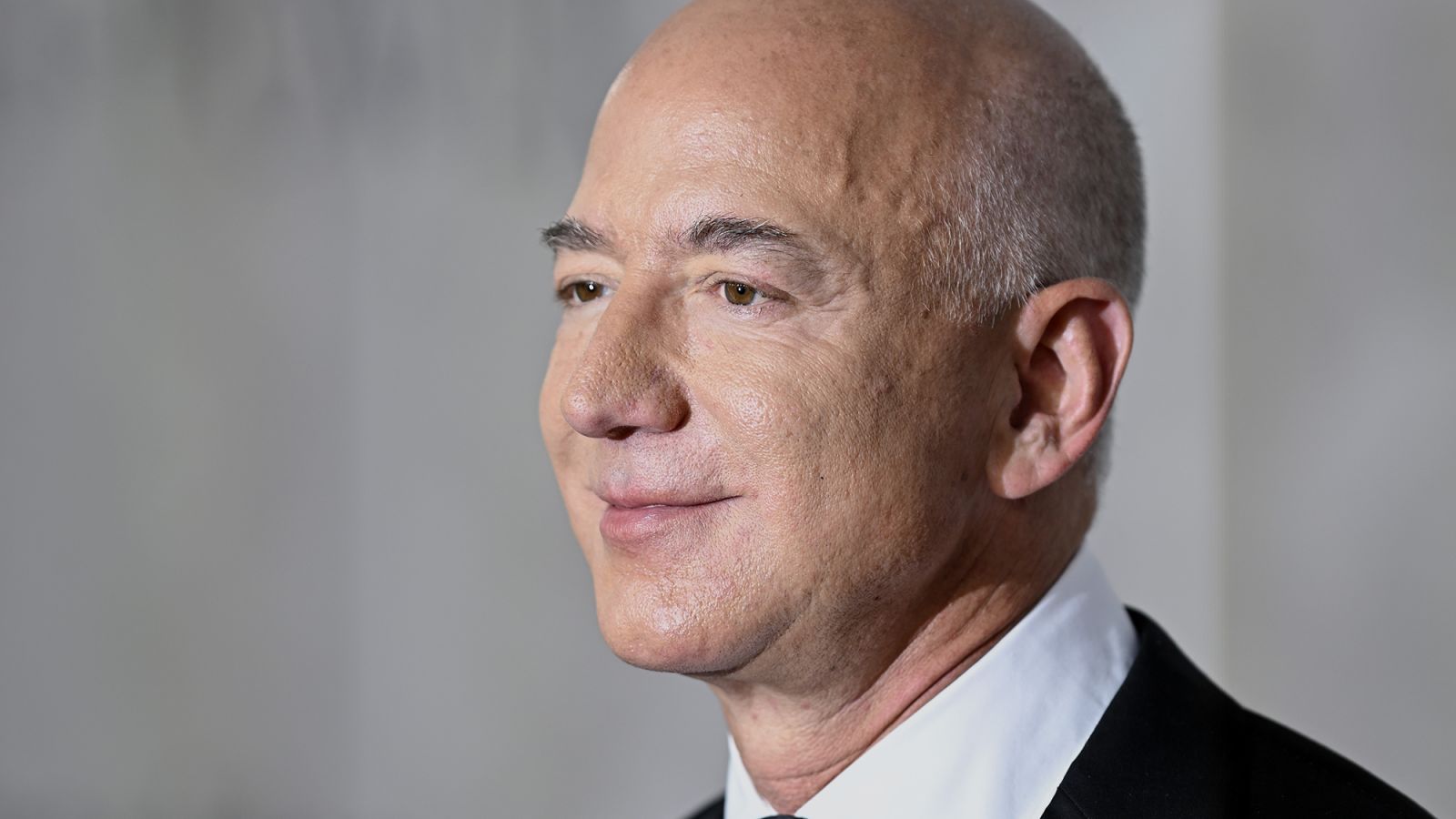technology
More than ever, Hondurans are prioritizing internet consumption on their mobile devices as an essential part of their budgets, even going beyond spending on groceries.
This paradigm shift is reflected in a series of recent statements he presented National Communications Commission (Conatel), which reveals a noticeable trend towards digitalization in the Central American country.
Can read: More than 2.7 million Hondurans have no pension security upon retirement
According to data collected and analyzed by the distinguished data unit LA PRENSA, at the end of 2022 Honduras saw a significant increase of 4.98% in mobile phone lines, with the total number of mobile phone lines reaching 7.9 million.
This explosion in mobile adoption translates into a mobile density of 82.7%, which means that nearly 82 out of every 100 Hondurans have a mobile phone line.
However, what is more telling is the change in usage patterns of these mobile phone lines.
Away from the traditional cell phone line (where there was an 11.56% drop in call traffic), Hondurans are increasingly choosing digital alternatives, such as calls and messages from apps like WhatsApp or Telegram.
This change is also evident in the Internet sector, where a 1.42% increase was observed in the number of subscribers to the mobile Internet service, reaching 6.8 million subscribers. In addition, the density of fixed Internet subscribers increased by 10.15%, bringing the total number of subscribers to 471,496 subscribers, indicating significant growth in the adoption of home Internet services.
This increase in demand for mobile and fixed Internet services has led to an estimated 2% reduction in the digital divide in the country, reaching 46% of the population.
Regarding Internet service providers in Honduras, the dominant presence of Tigo and Claro stands out, both in fixed and mobile Internet services; However, for fixed connections and cable TV service, there are 225 other operators competing strongly to provide quality and quantity of broadband.
However, Honduras has the advantage of offering the most expensive internet service in the Latin American region. Data from the Numbeo platform from 2023, analyzed by Bloomberg, shows that in the country an average of $71 (about 1,700 lempira) is paid per month for 60MB of internet.
Honduras outperforms Bolivia ($53.35) and the Dominican Republic ($49.84).
For Carlos Orbizo, an economist, Internet access is already a basic need for the people of Honduras. He states that the government should facilitate conditions such as free Wi-Fi throughout Honduras to mitigate the cost of living and improve access to communications. “WiFi is like roads, it makes it easier for you to get from one place to another.”
Over time, Orbizo highlights that international call costs are improving. In 2005, the cost was 83 cents per minute, then dropped the following year to 39 cents. Today, they cost about 10 cents. “What's the best profit?” The same thing happens with electric power,” he said, referring to the advantage of obtaining better commercial benefits from institutions such as Hondotel and the National Electric Power Company (ENI).
Ismael Zepeda, another economist, also highlights that the connectivity of Hondurans represents an opportunity for the digital economy and to simplify procedures and improve efficiency in service delivery.
For Zepeda, this “means savings for the states, and it can also mean efficiency and effectiveness in service delivery.”
He also highlights that within the basic basket “Internet consumption or calls are not positioned as a basic commodity; However, today it is an essential commodity.
What experts and statistics said show that Hondurans prioritize Internet consumption, and that the trend toward digitalization poses challenges and opportunities for the country, which must adapt and develop policies that promote digital inclusion and equitable access to Internet services throughout the national territory.





